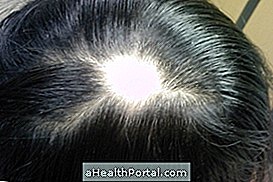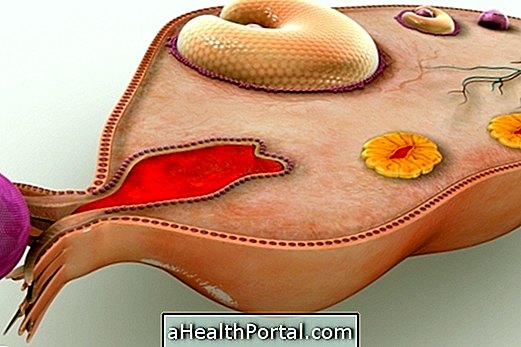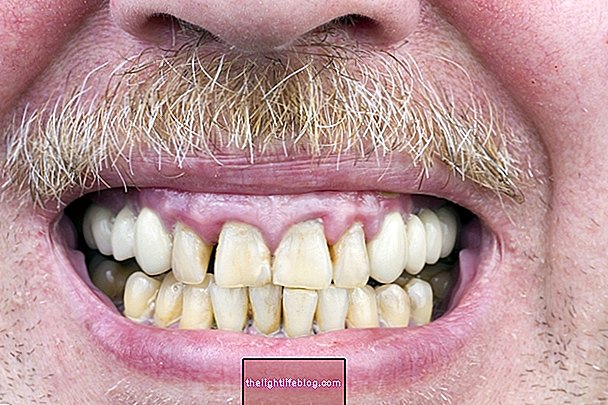Alopecia is a disease characterized by rapid and sudden loss of hair from the scalp or any other region of the body. In this disease, hair falls in large quantities in certain areas, providing the visualization of the scalp or skin that was previously covered by hair or body hair. It has several causes and, consequently, several forms of treatment.
Types of alopecia
There are several types of alopecia because their causes are different. The types of alopecia existing are:
- Alopecia areata : caused by autoimmune factors or shaken emotional system, characterized by intense hair loss in certain areas.
- Androgenetic : also called baldness, is caused by genetic factors, associated with the testosterone rate in the bloodstream, and therefore is more frequent in men;
- Traumatic : caused by the fact that the individual has the habit of pulling the strands of hair constantly or by head trauma;
- Due to the side effect of medicines, such as, for example, those used in the fight against cancer;
- Seborrheic : caused by a dermatitis, which can be treated with the use of medicines;
- Effluvium : Effluvium is a normal period in which hair falls naturally, but when this mechanism is deregulated, there may be a longer period of hair loss, which generally responds well to clinical treatments.


Signs of alopecia
The main symptom of alopecia is the drop of more than 100 hairs a day, some situations that may indicate that this is happening are:
- Finding many strands of hair on your pillow when you wake up;
- Severe hair loss when washing or combing hair;
- Intense hair loss when you run your hands through your hair;
- Achieve easy visualization of the scalp in certain areas of the head.
What can cause hair loss
The causes of hair loss can be:
- Ringworm on the scalp;
- Use of medications;
- Stress;
- Postpartum hormonal reaction;
- Use of unsuitable chemicals;
- Systemic lupus erythematosus;
- Diseases such as hypothyroidism, hyperthyroidism, secondary syphilis or lichen planus;
- Deficiency of proteins, iron, biotin and zinc.
In addition, some types of cancer can also favor hair loss, such as skin cancer, for example.
Treatment for hair loss
For the treatment of alopecia, a consultation with the dermatologist is recommended so that the causes of alopecia are identified and the treatment is well targeted. Some therapeutic options are the use of oral or topical medications, use of cosmetic products against hair loss, or specific treatments such as intradermotherapy and carboxytherapy, for example.


















